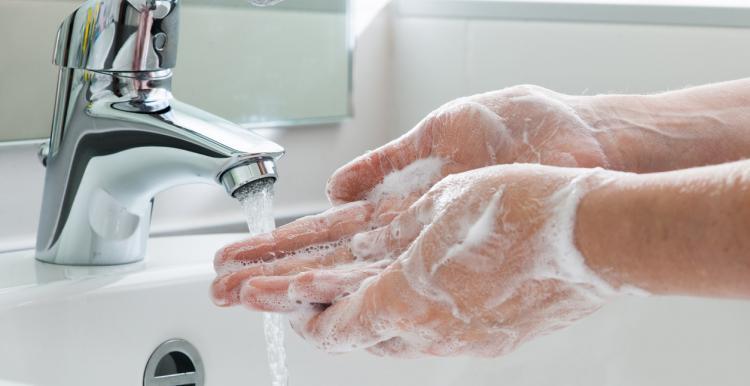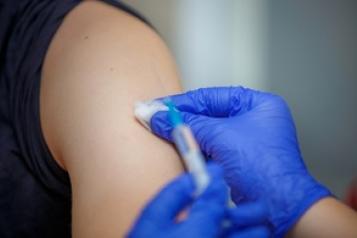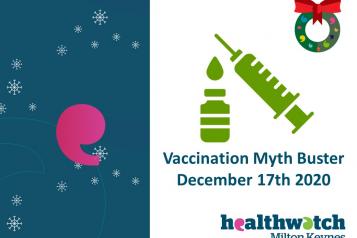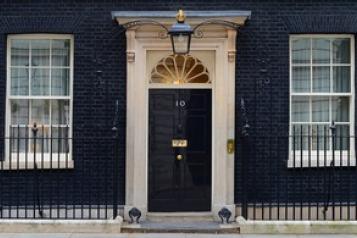Information on Coronavirus

For the most up to date information about COVID-19 be sure to check Gov.uk.
Do you need this information in an alternative format? We have collated a list of places where you can find this information in alternative formats, including BSL, easy-read and alternative languages.
If you think you might have coronavirus
Symptoms
-
A high temperature
- A new, continuous cough
-
Loss or change in sense of smell or taste
What to do if you have these symptoms
Do not go to a GP surgery, pharmacy or hospital. You should stay at home and self isolate.
Only call 111 if you cannot get help online.
You must get a test. Find out more and book.
Use the NHS 111 online coronavirus service if:
- You feel you cannot cope with your symptoms at home
- Your condition gets worse
- Your symptoms do not get better after 7 days
Use the 111 coronavirus service
If you use British Sign Language, click here for the NHS 111 BSL Service.
How to self isolate if you or someone in your house has coronavirus
If you have symptoms of coronavirus you should stay home and self isolate. What this means is you should not leave your house, even to do shopping, to avoid spreading the virus.
If you live alone, you should stay at home for 10 days from when your symptoms started. If you live with others, then you must stay at home for seven days from when your symptoms started. However, everyone else in the household who is well must stay at home and not leave for 14 days.
For more information about when to self isolate and what this means for families visit the Government website.
How to avoid catching or spreading germs?
Do:
-
Cover your mouth and nose with a tissue or your sleeve (not your hands) when you cough or sneeze.
-
Put used tissues in the bin straight away.
-
Wash your hands with soap and water often – use hand sanitiser gel if soap and water are not available.
-
Try to avoid close contact with people who are unwell.
Don't:
-
Do not touch your eyes, nose or mouth if your hands are not clean.
Advice for people at high risk
The country has moved back to a tiered system of local restrictions. The government has reinstated guidance for clinically extremely vulnerable people linked to these tiers.
This guidance offers additional advice to the clinically extremely vulnerable over and above the rules for the tiers, which apply to everyone. This guidance aims to strike a better balance between providing practical steps to help keep you safe while reducing some of the potentially harmful impacts on mental and social wellbeing that were associated with previous strict shielding. It sets out the steps clinically extremely vulnerable people can take to protect themselves for each local tier.
Getting tested for Coronavirus (COVID-19)
Guidance on coronavirus testing, including who is eligible for a test, how to get tested and the different types of test available is available on the Government's website.
Face masks - when to wear one
To find out which settings require you to wear a face mask click the link below.
You do not need to wear a face covering if you have a legitimate reason not to. This includes (but is not limited to):
- young children under the age of 11 (Public Health England do not recommended face coverings for children under the age of 3 for health and safety reasons)
- not being able to put on, wear or remove a face covering because of a physical or mental illness or impairment, or disability
- if putting on, wearing or removing a face covering will cause you severe distress
- if you are traveling with or providing assistance to someone who relies on lip reading to communicate
- to avoid harm or injury, or the risk of harm or injury, to yourself or others
- to avoid injury, or to escape a risk of harm, and you do not have a face covering with you
- to eat or drink if reasonably necessary
- in order to take medication
- if a police officer or other official requests you remove your face covering
Template exemption cards can also be accessed via the link above. Exemption cards are a personal choice and are not necessary in law.
Further information
NHS England had produced a list of common questions about coronavirus, covering advice for you and your family, how it's caught and spread, prevention, self-isolation, testing and treatment and foreign travel.
Other places for information:


